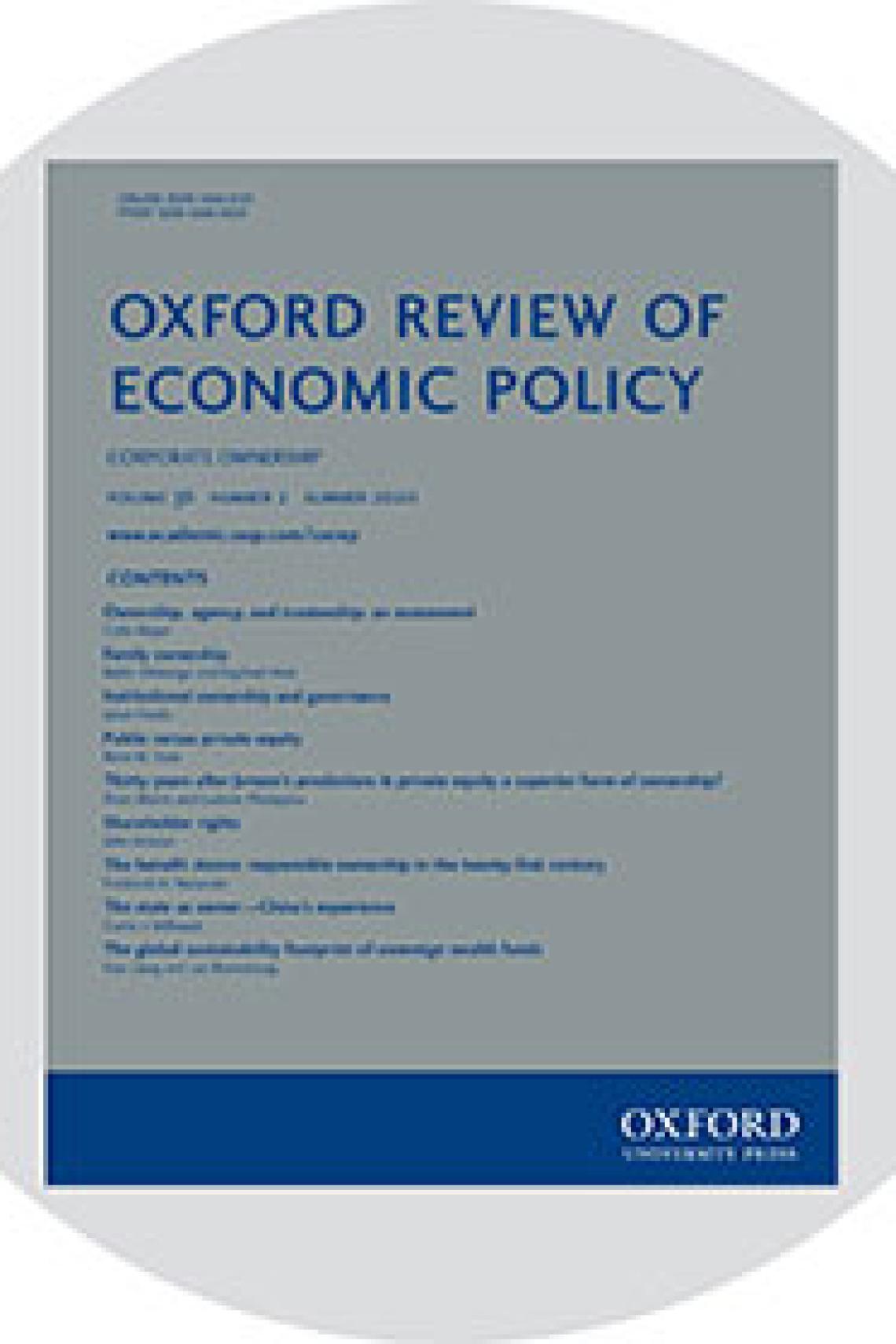New article co-authored by Christopher Adam explores possible lockdown recovery paths in Africa
A new article co-authored by Christopher Adam uses macroeconomic and epidemiological models to explore the effectiveness of different paths to recovery from lockdown in sub-Saharan Africa.
The article is written with Mark Henstridege and Stevan Lee of Oxford Policy Management.
The COVID-19 pandemic is ripping around most of the world, but not in Africa; at least, not yet. At the same time, the policy response is remarkably uniform: most of sub-Saharan Africa went into lockdown from the second week in March. What happens next for the pandemic across Africa is uncertain, but the March lockdowns are unlikely to have contained the epidemic by themselves.
What is clear is that the combination of domestic lockdowns and the spill-over from the global recession means immediate and severe hardship.
This paper looks beyond the public health aspects of the pandemic to examine the medium-term macroeconomic adjustment challenge confronting domestic policy-makers and international donors. The authors combine epidemiological and macroeconomic models to calibrate the scale of the combined shock to a representative low-income African economy and to show how alternative policy options for slowing transmission of COVID-19 impact on public revenue, and on GDP in the short run, and hence shape the path to recovery. Noting that the first lockdown, however costly, does not by itself eliminate the likelihood of a re-emergence of the epidemic, they then frame the agenda for key macroeconomic and public finance policies to sustain recovery, growth, and poverty reduction in sub-Saharan Africa.
The paper finds that the initial hit to consumption will be up to one-third. It suggest that international donor finance of US$40-50 billion, together with domestic reform to accelerate recovery, would make a significant difference to the outlook for poverty.
Christopher Adam, Mark Henstridge, Stevan Lee (2020) ‘After the lockdown: macroeconomic adjustment to the COVID-19 pandemic in sub-Saharan Africa’, Oxford Review of Economic Policy, DOI: 10.1093/oxrep/graa023

